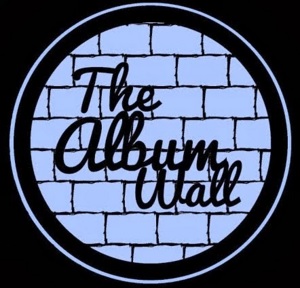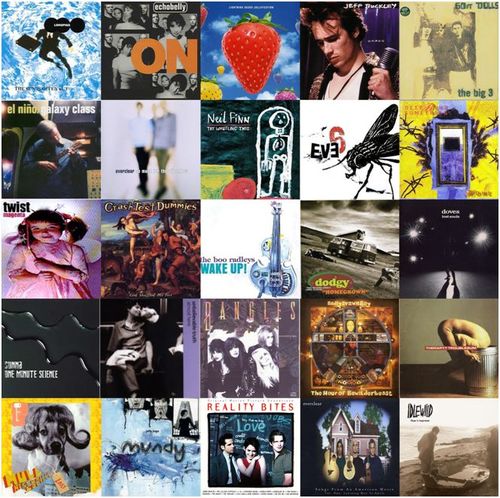Hospice is not an easy listen. I can hardly bear Kettering, the second track, simply because Peter Silberman sounds like he's got the microphone halfway down his throat the whole time. You can hear every noise his mouth makes; not just the words, but the sound of his lips parting, his cheeks clicking, his tongue moving around. It's too intimate, and in that respect it sets a pretty good precedent for the rest of the record.
I'm not entirely clear on the story that Hospice tells - something about a guy and a girl in a shitty relationship, and also the girl has terminal cancer - but even when the details are a little vague, this is still an absurdly upsetting album. Not merely depressing - upsetting. Both Hospice and Tallahassee are about severely fucked-up relationships, but the guy from The Mountain Goats sounds kind of gleeful throughout his dysfuntional little tale. His songs are the kind that could conceivably be shouted along to, drink raised to the ceiling and bittersweet endorphins rattling around in your head. There aren't any songs like that on Hospice. The only smiles are insane ones, mad with the shadow of death and misery that hangs over this album. Compare No Children from Tallahassee with Bear from Hospice; there are plenty of similarities, and yet their tones are world apart.
Where albums like Last of the Country Gentlemen and perhaps even Tallahassee can offer comfort as well as sadness, it seems like The Antlers would sooner tear off your skin and prod your tender flesh with a stick. Hospice was recorded on quite a low budget, it seems, and some of the production verges on being genuinely difficult to listen to (not unlike some of the lyrics).
Which begs the question of why anyone would ever choose to sit through Hospice. It's sonically challenging and impossible to detach from; a major theme is the protagonist's feeling of guilt, as if he's somehow to blame for the woman's illness, and when her siren voice comes shooting out of Thirteen, you can't help but feel responsible too:
"Pull me out
Pull me out
Can't you stop this all from happening?"
Can't you stop this all from happening?"
It's all absolutely agonising, up to and including the Epilogue, which has the same melody as Bear but somehow sounds a lot darker (Bear, believe it or not, is this album's big pop single). Here's a snatch of Epilogue's lyrical content:
"You return to me at night just when I think I may have fallen asleep
Your face is up against mine, and I'm too terrified to speak
You're screaming
And cursing
And angry
And hurting me
And then smiling
And crying
Apologizing"
And then, just when you feel like nothing good will ever happen to you ever again, a magical, miracle sound explodes out of your headphones and makes you feel electric and you realise that this, this feeling is why you've been listening. The point I've been brushing up against all week is that depressing albums make you feel good, and as horrible as Hospice is, it's one of the most amazing listening experiences out there. Essential.





